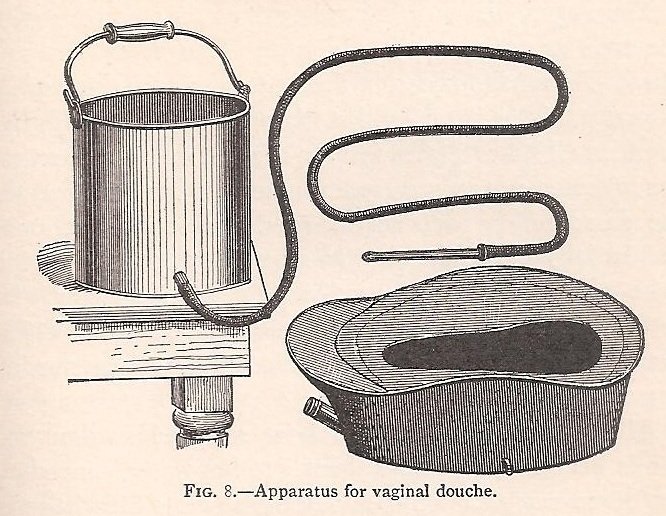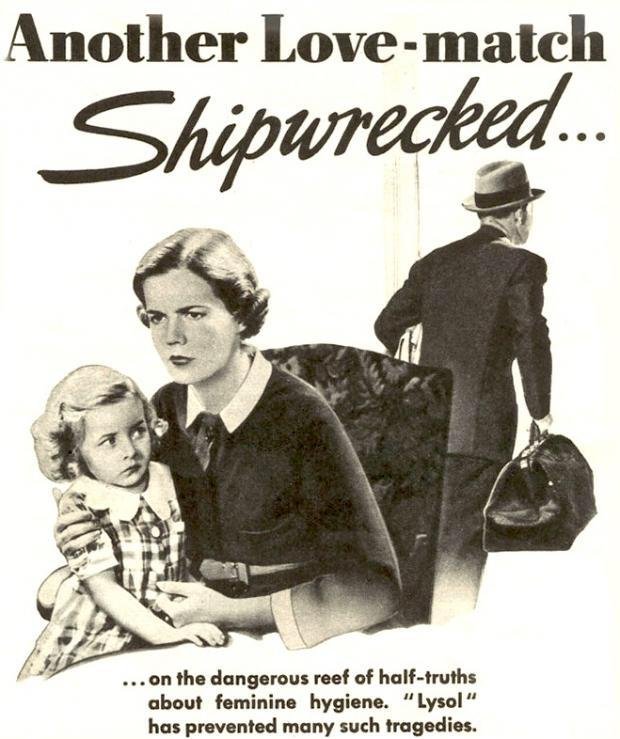As we prepare to enter an era of American life where Roe v. Wade, a cornerstone of women’s reproductive rights here in the U.S., is under fire and may shortly fall, we also experience a historic shortage in baby formula. The irony of this shortage, which is challenging the ability of current American parents to feed their young children, happening alongside all the discussions about the protection of the unborn is not lost on us as a population. Perhaps before we focus so precisely on the protection of those currently unborn and without awareness we should ensure that if they were to enter into this world, we would be able to feed and care for them. Independent of your political views, this seems like the most reasonable and responsible use of government resources similar to managing resources in any other area of life. Make sure that you have the ability to support what you’ve already taken on before you insist on taking on more. Regardless, let’s take a closer look at this current issue.
This issue begins quite a bit before the current bacterial contamination. Due to staffing shortages and challenges with the international supply chain, the U.S. was already rocking about a 10 percent baby formula shortage. This shortage has been an ongoing problem throughout the pandemic and baby formula is just one of many, many things we have all watched disappear from the shelves. However, unlike your brother’s favorite cereal or that gaming console you’ve been waiting for for over a year, baby formula is a much more urgent and essential staple. Of the greatest concern are those specialized formulas for baby’s with specific allergies or nutrition needs. While some parents may be able to switch brands, picking up whatever happens to be on the shelf, others are desperately looking for any information they can find about when their specific, special diet formula will be in stock. Some parents are driving 5 or even 10 hours to pick up formula from the next state over, but other mothers don’t have the resources to pursue that. The pressure is on as the government tries to solve this issue before there are even more serious repercussions for families with young children. There is also a hovering question of responsibility and culpability as urgency rises and quick solutions are lacking. The shortage leapt from 10 percent to 43 percent this month. What happened?
We’ve noticed in previous explorations into food safety that the system by which we discover contaminated food products is often reactive instead of proactive. This bacterial contamination was no different as a number of infants became ill before anyone knew anything and any action was taken. Upon investigation into the cause of a breakout of infant illness, Cronobacter sakazakii was found in a Michigan Abbott facility. This strain of bacteria can cause meningitis and sepsis and ultimately death. In response to the discovery, a recall was issued and the plant was closed. That closure has resulted in the 43% decrease in the amount of formula available. In some states, more than half of the formula supply is gone. The event has raised a number of questions regarding the speed at which bacterial contaminations are identified and the FDA is informed. The first documented case of infant sickness was in Sept of last year. Thus, the question has been raised: was there a way we could have known about the plant’s contamination faster and thus mitigated the issue of both the sickness and the resulting closure more quickly?
Combatting this shortage has gone straight to the top as the White House is taking action to mitigate this problem. Even so, parents will probably be dealing with empty formula shelves for several weeks, if not months, to come.












